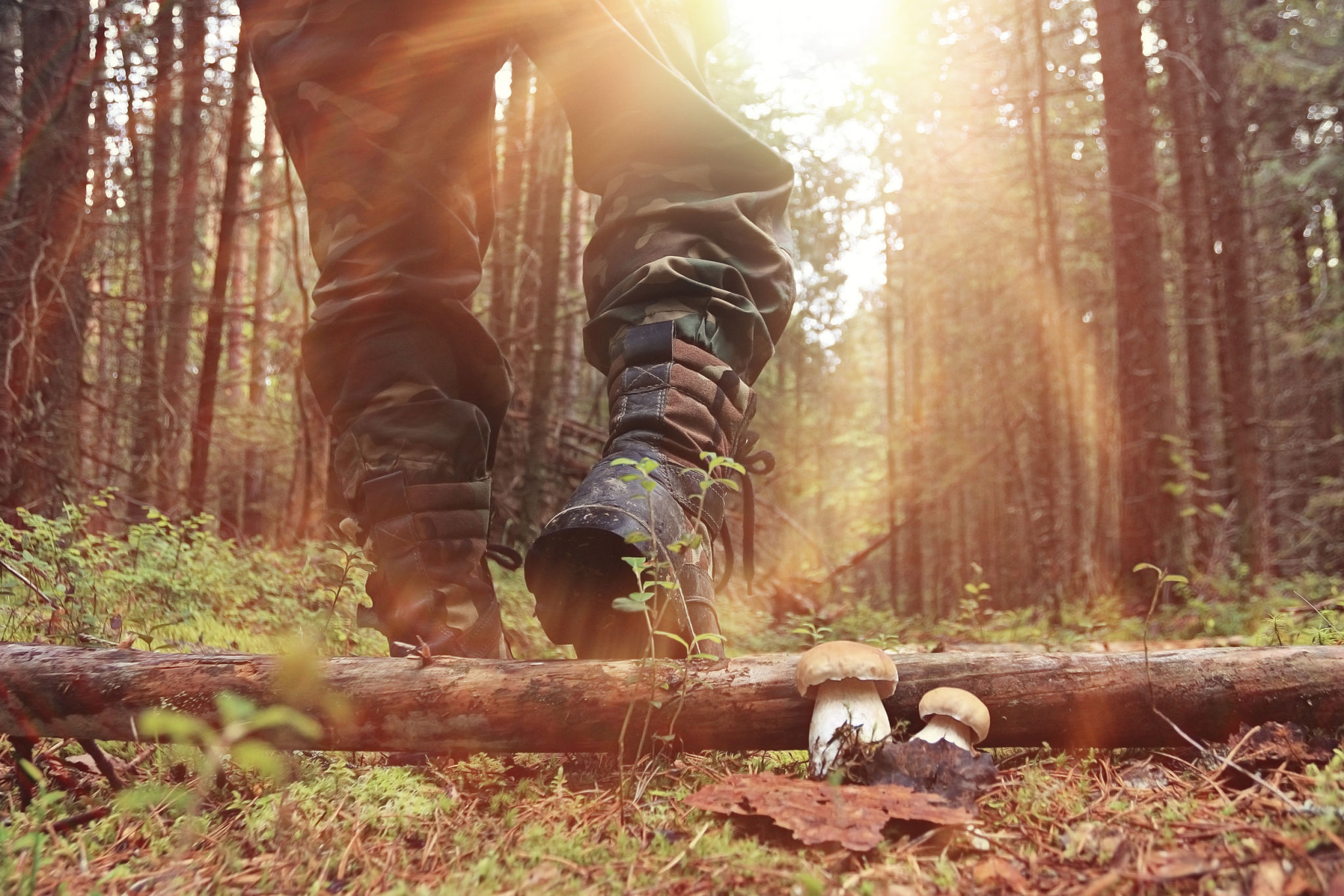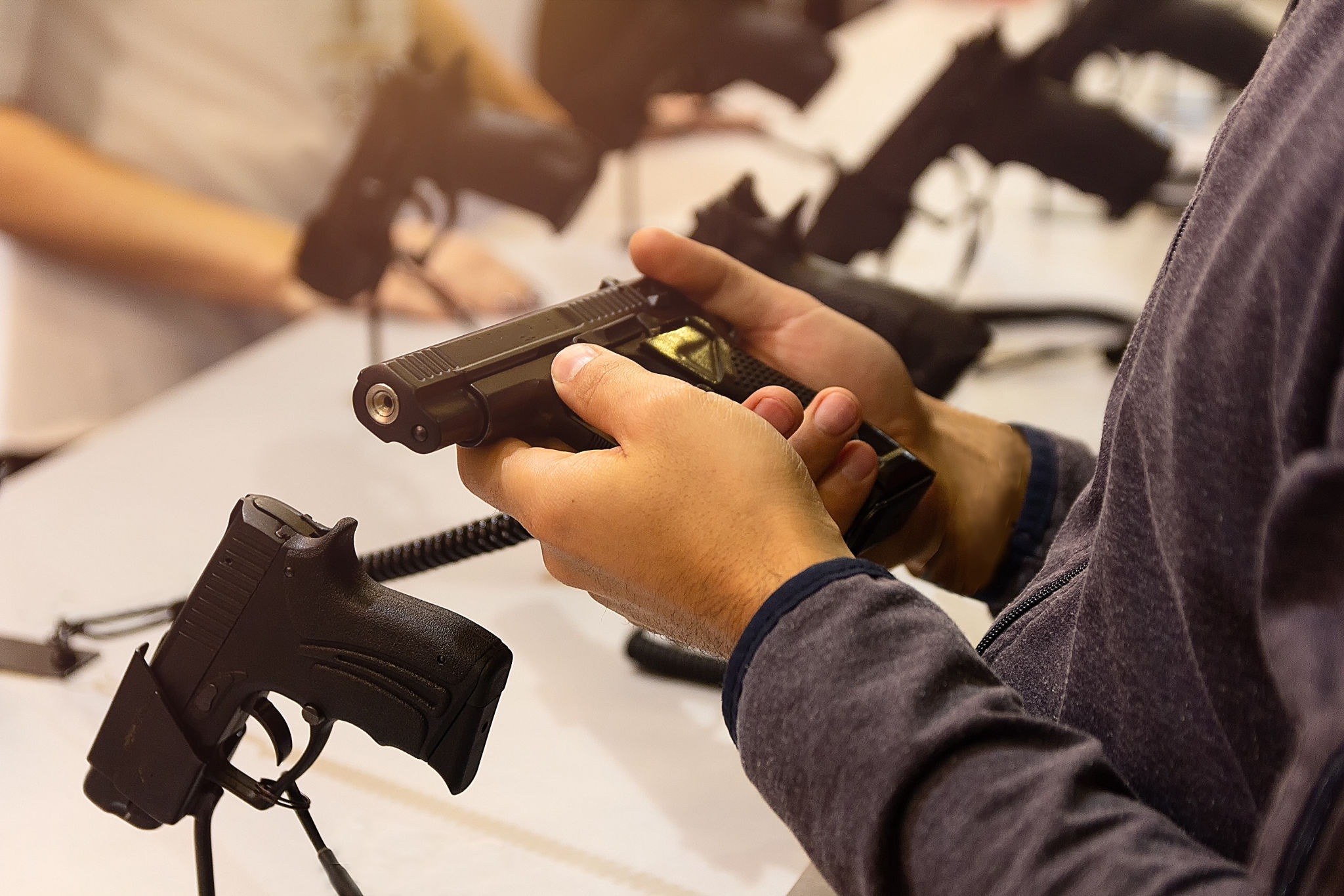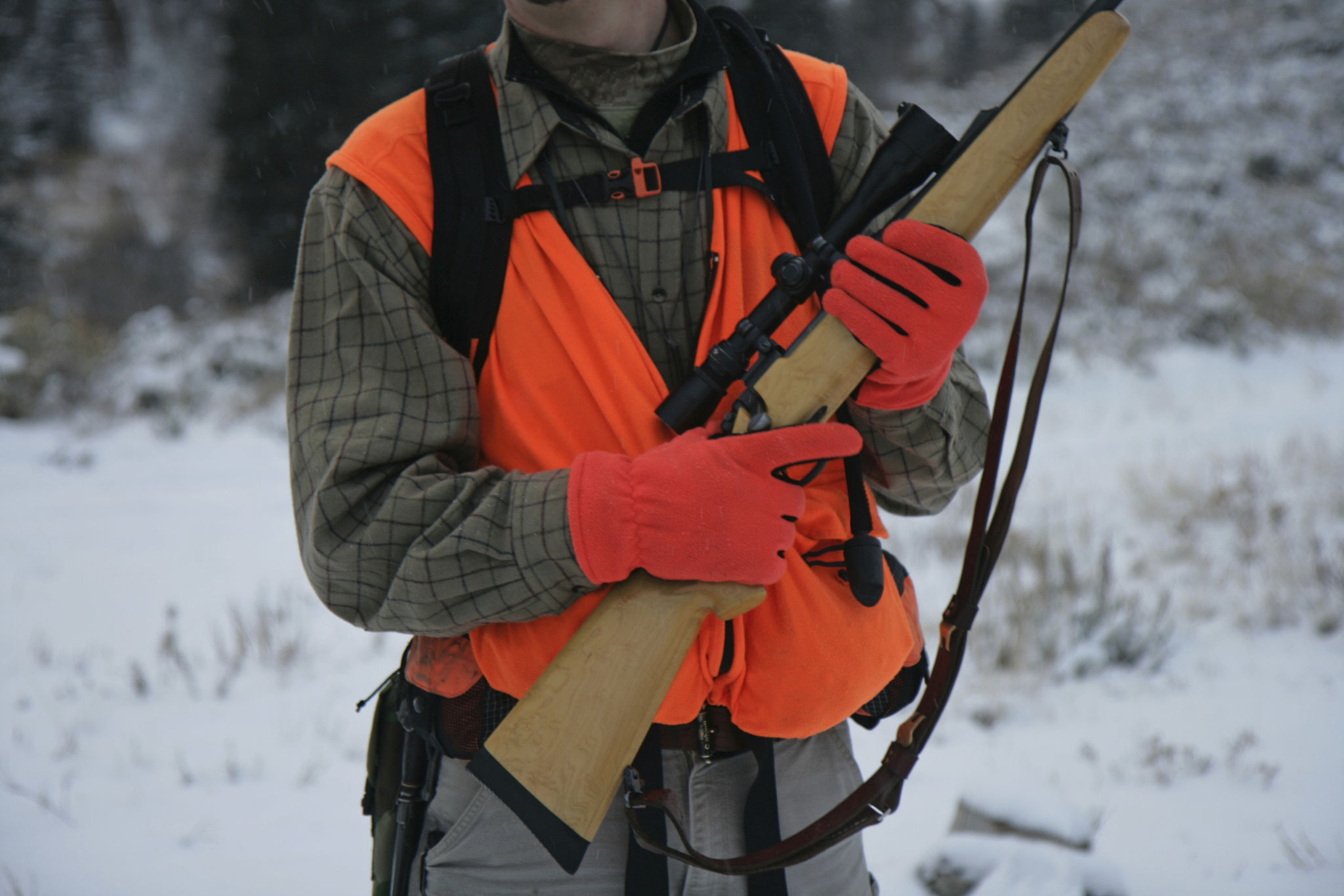How to Choose the Right Firearm for Your Next Hunting Adventure
Understanding Your Hunting Needs
Choosing the right firearm for your hunting adventure begins with understanding your specific needs. Different types of game require different firearms, and what works for deer may not be suitable for birds or smaller animals. Identifying the primary purpose of your hunt will help narrow down your options significantly.
Consider the environment in which you will be hunting. Dense forests, open fields, and wetland areas each present unique challenges and opportunities. Selecting a firearm that complements the terrain will enhance your hunting experience and increase your chances of success.

Types of Firearms
There are several types of firearms to consider, each with its own advantages and disadvantages. The most common types used in hunting include rifles, shotguns, and handguns. Each type has its particular use case, dictated by the type of game and environment.
Rifles
Rifles are popular for hunting larger game like deer and elk. They offer accuracy over long distances and are available in various calibers. When choosing a rifle, consider the range and power you require, as well as the weight and comfort of the firearm.

Shotguns
Shotguns are versatile and ideal for hunting birds and small game. They are capable of firing pellets or slugs, making them suitable for different scenarios. When selecting a shotgun, consider the gauge, barrel length, and type of choke.
Handguns
Handguns are less common in hunting but can be used for smaller game or as a backup weapon. They offer portability and ease of use in close-range situations. When choosing a handgun, focus on caliber, weight, and ease of handling.

Caliber Considerations
The caliber of your firearm is a crucial factor that determines its stopping power and effectiveness. For larger game like moose or bear, a higher caliber rifle is recommended. For smaller animals, a lower caliber may suffice. It's essential to balance power with control to ensure accurate shooting.
Additionally, consider the availability and cost of ammunition for the caliber you choose. Some calibers may be more expensive or harder to find, which can impact your overall hunting budget.
Comfort and Fit
A firearm that fits well will be more comfortable to carry and easier to shoot accurately. Pay attention to the weight, length, and grip of the firearm to ensure it feels natural in your hands. Test various models to find one that suits your body type and shooting style.

Legal Requirements and Safety
Before purchasing a firearm, familiarize yourself with local hunting regulations and firearm laws. Ensure that the firearm you choose complies with all legal requirements for your area. This includes proper licensing, permits, and any specific restrictions on certain types of firearms or calibers.
Lastly, prioritize safety by investing in quality safety gear and taking a certified safety course. Understanding how to handle your firearm safely not only protects you but also enhances your overall hunting experience.

